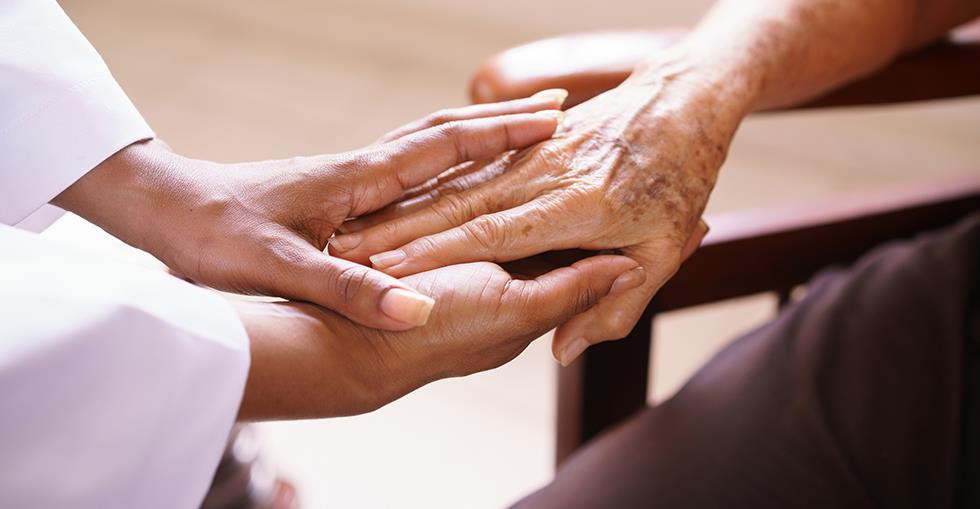The Office for National Statistics (ONS), the executive office of the UK Statistics Authority, said 19,394 people have died of COVID-19 infection in care homes across England and Wales from March 2 to June 12.
According to the ONS, at least one in five people living in care homes in England were infected with COVID-19 in the 56 percent of care homes reporting at least one confirmed case.
The same data suggested that at least 7 percent of care home staff have had COVID-19 since the pandemic started.
The ONS data is based on a survey conducted on more than 5,000 care homes in England by the Department of Health and Social Care (DHSC).
The DHSC said care home residents with people over 65 and with dementia will receive a COVID-19 test every 28 days from next week, while the staff will be tested weekly.
The UK government has now been mentioning regional COVID-19 cases based on tests performed within communities, not just the ones performed in medical centers and hospitals.
Recently, the online dashboard was updated for the first time that includes figures from tests conducted in people’s homes and in mobile centers within communities, which is called pillar 2 tests.
Earlier this week, health officials in Leicester complained that they had not been provided with a clear picture of the pandemic due to the lack of pillar 2 test data.
The government said the UK’s R number (the estimated number of people each COVID-19 case infects) remains between 0.7 and 0.9, while the range for England remains between 0.8 and 0.9.
Overall, in the UK, the number of new COVID-19 infections has remained relatively constant, with some variations between regions, suggesting that infections may be rising slightly in London and the south-west of England.
The Department for Transport has announced that people who arrive in England from over 50 nations, including Italy, France, Spain, and Germany, will no longer be required to quarantine upon arrival from 10 July.
However, lockdown and quarantine restrictions will remain in place in Wales, Scotland, and Northern Ireland. Officials Wales and Scotland have criticized this decision, with Scotland’s first minister Nicola Sturgeon describing it as “shambolic.”
Meanwhile, the European Union has approved the use of Gilead’s antiviral drug remdesivir for the treatment of COVID-19.
Globally, the virus has affected more than 11 million and killed over 529,000. In the UK, public health officials have reported more than 284,000 confirmed cases, with over 44,000 deaths. The article originally appeared on New Scientist.























